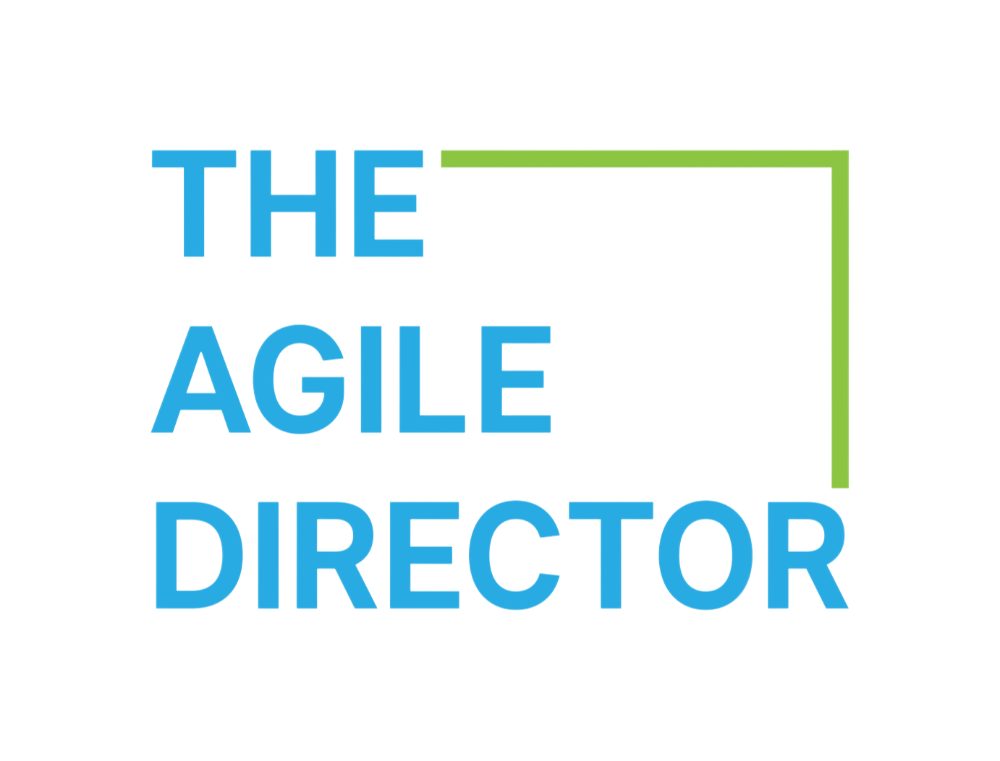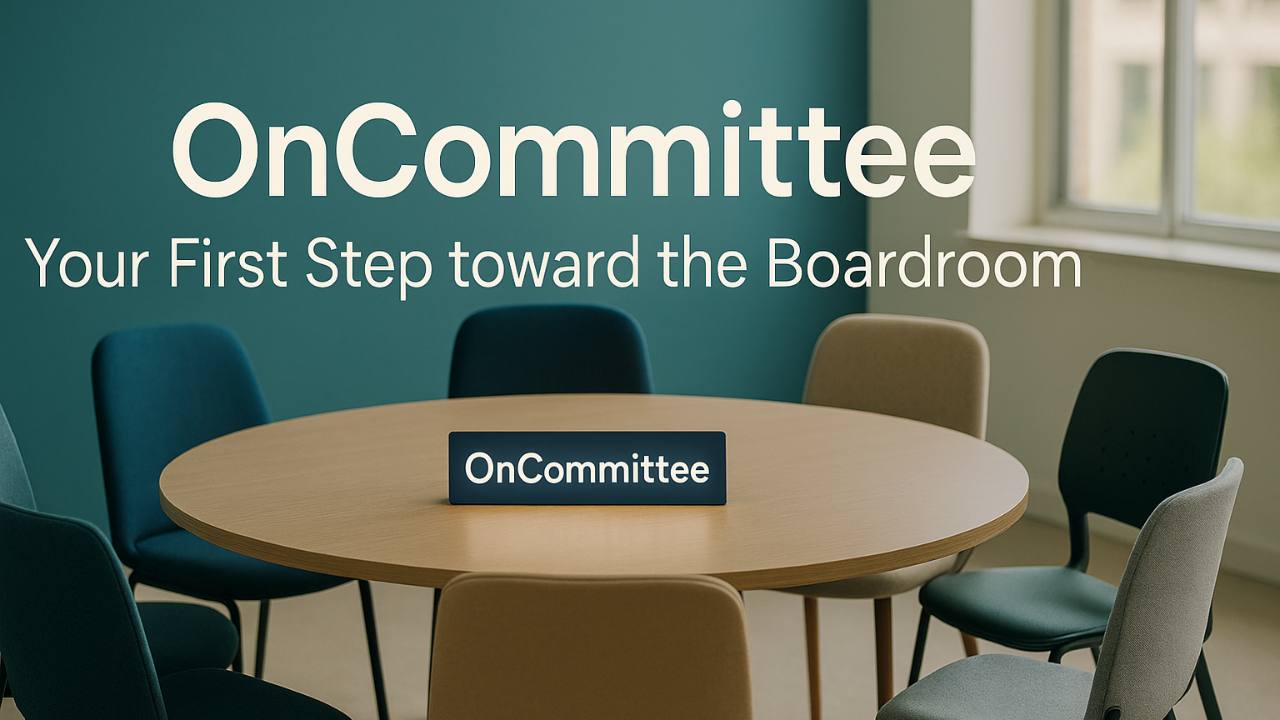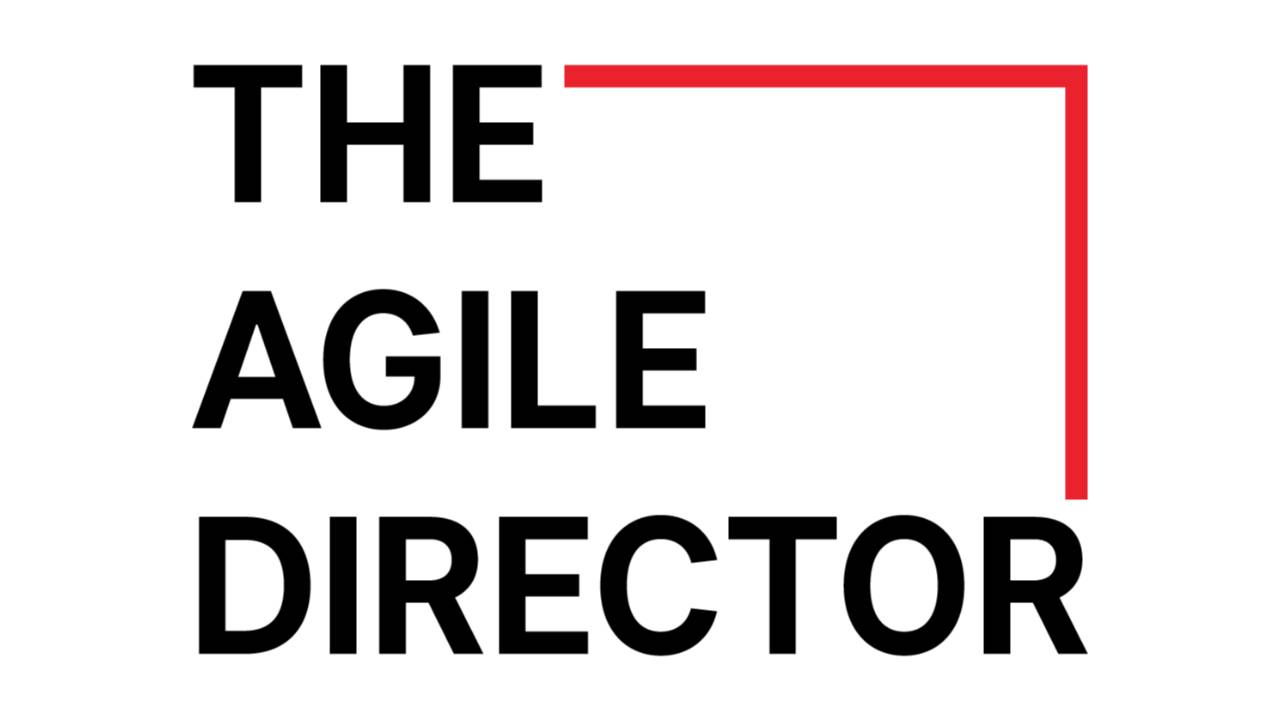Categories
advisory board aspiring director authentic leadership blueprint board leadership board readiness board reflection boards civic culture corporate responsibility crisis leadership culture democracy director development director pathways director responsibilities ethical governance ethical leadership future of boards future of work governace governance governance training governance trends governex innovation integrity leadership oncommittee organisational culture social contract social license stakeholder strategy start-ups the agile director🧭 Is This the End of Corporate Feudalism?
In the midst of ongoing global disruption, a deeper question is emerging in boardrooms and leadership circles alike: Are we witnessing the end of corporate feudalism?
It’s a provocative phrase, but one that captures the growing unease with the traditional power dynamics between employers and employees. In this edition of The Agile Director, we explore the shifting governance landscape, the role of directors in shaping fairer organisational futures, and whether new models—cooperative, technological, and human—are signalling the dawn of something truly different.
⚖️ Defining Corporate Feudalism
Feudalism, historically, was a system where landowners held power over both resources and labour. In today’s corporate world, that legacy echoes in the way some organisations exert control—not only over employees' time but also their ideas, output, and even the methods by which they work.
This modern form of control—often baked into employment contracts—raises an uncomfortable parallel: what happens when companies assume ownership not just of labour, but of intellectual contributions?
In a knowledge economy, innovation is currency. But when an idea is developed within a corporate setting, it is often absorbed into the organisation’s ecosystem without direct credit, recognition, or fair distribution of its value. The result is a system in which creativity and initiative are harnessed—but not always rewarded.
The term “corporate feudalism” captures this imbalance. It reflects a world where value is generated by many, but often retained by a few at the top—prompting deeper questions about ownership, fairness, and the evolving nature of work.
💡 The Rise of the Platform Cooperative
So what might a post-feudal corporate model look like?
One promising avenue is the platform cooperative—a structure that combines shared ownership with technological infrastructure. Picture a rideshare platform owned and operated by the drivers themselves. It’s not theory; it’s already happening in places like San Francisco, where driver-owned platforms are emerging as alternatives to Uber and Didi.
Even closer to home, in Victoria, Australia, communities like Bendigo are experimenting with cooperative platforms to share tools, vehicles, and labour. The model is not new—but its fusion with modern technology and grassroots entrepreneurialism offers real potential.
At the core of these models is the idea of redistributed value. Rather than centralising economic gain at the top, platform cooperatives spread value across contributors—those who actually make the system work.
🧠 Mindset Over Mandates: The Human Factor
Of course, changing structures is only part of the equation. Real transformation requires a shift in mindset.
Boards and leaders must reflect on how entrenched biases—against remote work, against value-sharing, against non-traditional business models—shape their decisions. The crisis triggered by COVID-19 forced many organisations to try new ways of working. But will they carry those lessons forward?
“Don't waste a good crisis,” Churchill is attributed as saying. The challenge now is to institutionalise what worked—agility, distributed leadership, increased autonomy—rather than reverting to outdated norms.
This also requires acknowledging the human side of the equation. The rise of working from home, for instance, isn’t just a logistical shift—it’s a recognition that people perform better when they work how and where they work best. Research is reinforcing what many already know intuitively: when people have agency, they bring more of themselves—and their productivity—to the table.
🛡️ Governance Implications: From OH&S to Fair Value
Boards must now grapple with this evolution. Workplace health and safety (OH&S) can no longer be limited to the physical. Psychological safety, work-life boundaries, and remote working environments are now part of a board’s risk and responsibility landscape.
Additionally, directors should ask:
-
Are our contracts fit for a more fluid, freelance, or hybrid workforce?
-
How are we recognising intellectual contributions beyond basic remuneration?
-
Are we creating environments where people want to work—not just need to?
Being an employer of choice in a post-feudal era will require more than offering perks. It will demand genuine alignment with values, flexibility, and fairness.
🔁 Competition, Cooperation, and the New Business Model
One of the unexpected drivers of change may not be regulation or revolution—but competitive advantage.
As organisations discover that distributed, agile models can be both more effective and more cost-efficient, others will follow. Some will cling to outdated power dynamics. Others will learn, adapt, and flourish. The market, in some ways, will do what policy hasn’t: incentivise equity through performance.
It’s a moment for boards to reflect:
Is our current business model resilient? Is it just? Is it built for the future?
Because perhaps the most powerful insight from this conversation is this: generosity and cooperation aren’t just moral ideals—they’re competitive differentiators.
🧭 What Should Directors Take Away?
If corporate feudalism is on the way out, what comes next isn’t yet fully defined. But the path forward is beginning to take shape:
-
Governance must expand to include psychological safety and modern OH&S obligations
-
Contracts and incentives must evolve to recognise intellectual contributions
-
Leadership must shift from control to courtship—attracting and enabling talent rather than commanding it
-
Boards must examine their biases, challenge old assumptions, and design with fairness, resilience, and flexibility in mind
The post-feudal future won’t arrive overnight. But directors can help shape it—by asking better questions, being open to alternative models, and leading with a mindset that sees change not as a threat, but as an opportunity to do business better.
Thanks for reading. If this resonated, consider forwarding it to a colleague or board peer. We’ll continue to explore the evolving face of governance—what’s changing, what matters most, and how we can all lead better through complexity.
Until next time,
The Agile Director







